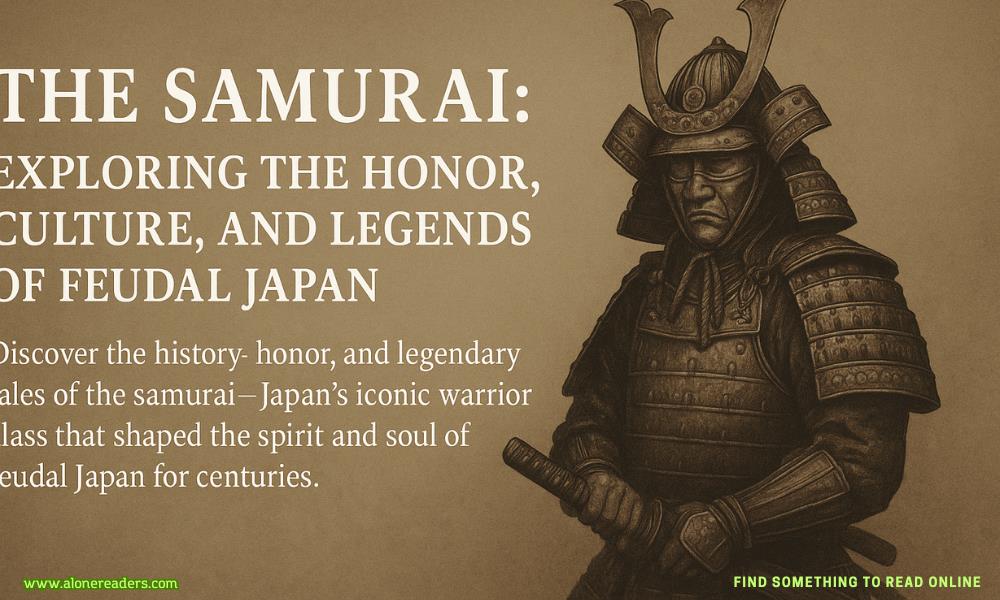Page 63 of Aftertaste
“I heard you told the head of Gild to suck it,” Ibáñez said, grinning.
“I heard you had a skin graft made of tuna,” Kutsuki added, beginning to plate, translucent slices of puffer fillet arranged in a lotus shape.
“Tilapia, actually. I reeked for weeks. But I didn’t know anyone had heard anything,” Kostya said. “They paid me not to say a word.”
“There are no secrets in a kitchen,” Kutsuki said.
“Ours is a small, incestuous little world,” Ibáñez agreed, pouring peanut oil into a cast-iron pan, lighting a burner. “Cooks like to talk.” She was silent a moment, then wiped her hands on a kitchen towel and stared at him, squinting as if she were trying to read something. “My cousin was in the kitchen that night. Fernando Rodríguez. Remember him?”
Kostya did. Fernando worked sauté, had a contagious laugh, liked to leave porn in everyone’s lockers.
“He said he saw some shit go down right before Beauchêne stormed in. Lights glowing. A face, hovering midair. You talking to it. Now, Nando’s a good kid, but he likes to hit the bottle, so I don’t buy half of what he’s selling normally. But something tells me you’re more than just a pretty face, eh,papi chulo?”
Kostya swallowed, deciding whether to confirm or deny. There had been times in his life when it would have been a no-brainer: downplay the bizarre, deny anything unnatural, keep your head down and your mouth shut.
“You’re not wrong.”
“Huh,” Ibáñez said, eyes going wide. “So, share with the class—a guy who walks out on three Michelin stars, who may or may not be some sort of Russianbrujo—what are you gonna make to impress the judges?”
Kostya licked his lips.
There was only one thing hecouldmake to compete with what these three were throwing down. He’d win, too. If it worked.
It was a big if.
It had been a couple months since Kostya had attempted a ghost dish. He’d be rusty for sure, and he still didn’t know exactly what he’d done right (or wrong) at Hell’s Kitchen, or how—beyond a potent memory—to make contact with the Dead. Would Viktor scrap the whole thing if Kostya didn’t deliver? Would he give him another chance? No, Kostya answered himself. There would be no do-overs. It was sink or swim. Now or never.
“I’m Ukrainian, actually. And I’m making my signature dish,” he said slowly, meeting Ibáñez’s stare. “More shocking than Rocky Mountain oysters.” He nodded to Volière. “Rarer than ortolan. Maybe just as taboo, though.” He turned to Kutsuki. “And it does more than just dance around death. It reverses it.”
There was silence in the kitchen as they waited for the punch line, anxious to learn if the things they’d heard through the grapevine were true.
“Well?” Volière prompted.“Qu’est-ce que c’est?”
“I don’t know.” Kostya shrugged. “The Dead haven’t fed it to me yet.”
ONE BY ONE,Kutsuki, Volière, and Ibáñez all served.
After, they returned to the kitchen to sip wine and rehash play-by-plays.
When Kostya was up, he downed his Malbec and waited for The Comradeto come escort him into the dining room, the way he’d done with all the others. What happened instead was a violation of the unspoken rule between the Kitchen and the Front of House: you don’t come back unless the chef invites you.
Kitchens were private places, where alchemy occurred, where sausage was made, where, once in a while, the divine was summoned and baked into a pie. Every kitchen where Kostya had ever felt comfortable had been intentionally divorced from the goings-on of the dining room, the heat and cursing and shouting of orders incongruous with the serene environments required for white tablecloths and sophisticated banter.
Sure, there were restaurants that put their kitchens on display—right in the middle of the dining room, even, encased in glass—and they worked in perfect silence, never spilling a single drop of demi-glace, never colliding with runners carrying trays, never shouting about the jerk at Table Four who demanded that they kill his steak. Sociopaths ran kitchens, too.
Kostya would never have chosen to be put on display like that, both dinner and the show, but Viktor hadn’t consulted him (he was beginning to notice a pattern) before leading his retinue straight into the kitchen. Kostya watched helplessly as they overtook the room, contaminating the air with perfume and hairspray, cigarette smoke, amuse-bouches they’d transported from the dining room. They draped themselves around the islands, besmirching the counters with fingerprints and grease stains, commandeering Volière’s station and Kutsuki’s without asking for consent from anybody. The other chefs retreated to a corner—so much for comrades in arms—and watched, wide-eyed, eager to learn if Kostya’s would be a tactical victory or a bloody massacre.
Viktor cleared his throat, and Kostya understood that they were waiting for him to say something, to perform, to dance. His heart pounded, dissolving what little courage he’d nipped from the wine, and he pushed up the sleeves of his shirt, bracing himself, revealing his tattoos in the process.
His gaze hovered on the knife on his forearm,WTFWFTinked on its handle.
WhatwouldFrankie try, if it were him up here? How would he dazzle them?
He’d regale them with stories on the line—hilariousKitchen Confidentialantics—charisma flowing like honey from a comb. He’d play up the food, have them believing in what it could do before they took so much as a bite. If he were there, he’d…make them think they’re the most interesting people in the room, and then show them that, actually, he was.
Viktor cleared his throat again.
“Uh, right.” Kostya nodded at the crowd and they stared back. “Ladies. Gentlemen. I want to begin by saying what an honor it is to feed you tonight. Though as you can see, I, uh, don’t have anything prepared just yet.”
- Her Billionaire Boyfriend by Abigail Barnette
- Desperate Temptations by Lila Fox
- Vengeful Pawn by K.L. Donn
- Defending Love by Aleatha Romig
- Playing with Forever by Erika Wilde
- Changing Caleb by J.L. Leslie
- A Touch of Fate by Cora Reilly
- Safe and Sound by Jisa Dean
- That: Taylor & Brooks by C. Monet
- Shades of Scars by January Blue
- Bratva Boss's Secret Baby by Bella King
- My Bratva Dom by Imani Jay
- Cheating the Devil by Samantha Cole
- Luke by Lisa Lovell
- Flying Colors by C.J. Bishop
- Cole by C.J. Bishop







